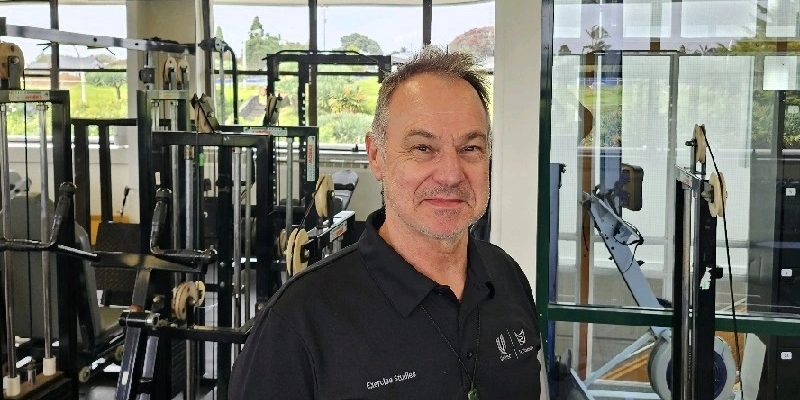Creating structure in lifestyle sport
14 Dec 2023
John MacFarlane had only ridden a board a handful of times before he embarked on his five-year-long thesis on skateboarding.
It required the seasoned researcher to look at whether institutionalising the free-thinking and artful world of slams, backsides and carves was going to help or hinder its unique DNA – whether what’s traditionally been referred to as a counter-cultural activity could ever be forced to conform as a buttoned-down sport.
The International Olympic Committee announced the inclusion of skateboarding as an Olympic sport in 2016, and it made its debut at the Tokyo 2020 Games.
Up until that point, skateboarding was largely an informal activity in many countries, including New Zealand. It was ungoverned and lacked structure, and was all about individuality and originality.
While the face of skateboarding had been changing over the last decade and becoming more inclusive, many of the “old-guard” and “lifestyle skaters” – many of them disruptors in their own way — liked it that way.
“I was a bit perplexed by the decision to make it an Olympic sport,” says John. “Skateboarding was really considered a recreational pastime rather than a sport and it’s by nature fairly anti-establishment.
“It offered its followers unstructured freedom, without the burden and responsibility of rules and restrictions.”
John, who’s a lecturer in Sport, Recreation, and Exercise at Unitec Te Pūkenga, has recently completed his PhD at the University of Waikato on the processes and politics involved in the sportisation and institutionalisation of skateboarding in Aotearoa, New Zealand.
It’s the first study that has focused on the New Zealand skateboarding community and the national governance of skateboarding globally.
His research explores and documents the views of various skateboarding-related stakeholder groups, and governmental and national sport bodies around the establishment of a governance structure for New Zealand skateboarding between 2016-2022.
His thesis analysed the cultural politics about formalising a recreational lifestyle sport, creating governance structures and putting them into a sport structure.
As part of his research, John collated the perceptions of key organisations involved in sport and skateboarding-related organisations in New Zealand.
Groups and organisations he interviewed included Skateboarding New Zealand (SBNZ, a new skater-led organisation), New Zealand Federation of Roller Sports (Skate NZ), New Zealand Olympic Committee (NZOC), Sport New Zealand (Sport NZ), regional skateboarding associations, skate schools, and skateboarding event owners and organisers.
His project maps the development of skateboarding culture, industry and organisation and revealed the unique structures and social dynamics evident in community-led events, media and venues, such as skateparks.
The research also reveals the processes and politics involved in developing “legitimate” forms of governance in the New Zealand skateboarding context.
It finds that for some of the key stakeholders, adopting the traditional sport model is challenging and development-inhibiting due to a lack of pre-existing infrastructure, necessary funding, and the desire to institutionalise.
The research also suggests a need for mainstream sporting bodies to be more open to recognising alternative forms of governance and structure for action sports. However, it concludes that this will require a philosophical shift in how these sporting bodies view governance, structure and sport, as well as funding models.
John hopes his research will be used to help inform future developments in the national and international sports context.
“I’m hoping my research will help facilitate inclusion, recognition and support for current and future forms of sport engagement for both action and mainstream sports,” says John.
“I had the full support of Unitec’s Sport, Recreation and Exercise department during the whole process and I’m hoping it’ll help inspire other staff and students to undertake research on topics they’re passionate about.”
